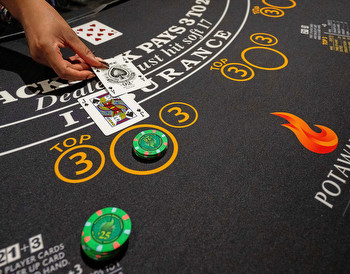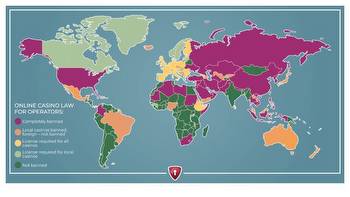YouGov’s Latest Report Reveals That Almost Six in Ten People in Singapore Think Online Gambling Should not be Allowed
YouGov’s latest report reveals that almost six in ten people in Singapore (56%) think online gambling should not be allowed, above the global average of two in five (46%). This makes the Republic the fourth most-opposed to online gambling globally, with only people in Spain (57%), India (57%) and China (56%) expressing greater resistance.
YouGov’s latest report, Global Gambling 2022: The consumer view in the gambling debate, explores how both the consumers of gambling products and those who do not participate think about gambling and its place in society. Covering 18 international markets, the report looks at some key areas of debate around gambling, from the opening up of the sports-betting and online opportunity, to the issues that have emerged around gambling advertising, through to the position of the lottery in the public consciousness, land-based gambling’s place post-pandemic and the legitimacy of gambling.
A deeper dive into Singapore data indicates that older generations are generally more likely to express negative sentiment towards online gambling. While just over one in four Gen Zs and Millennials said online gambling should not be allowed (45% for Gen Z; 44% for Millennials), six in ten Gen Xers (62%) and almost seven in ten Baby Boomers said the same (68%).
Residents were also polled on their opinion towards current rules and regulations on online gambling, which found just a quarter agreeing that legislation in Singapore is too strict (25%). Slightly more disagreed that rules are too strict (40%) while a substantial third were undecided and said they do not know (36%).
Looking across generations, Singapore Gen Zs (28%) and Gen Xers (28%) were most likely to say rules here are too strict, while Millennials were most likely to express opposite sentiment (44%). Meanwhile, Baby Boomers were significantly more likely to say they were unsure (43%).


































